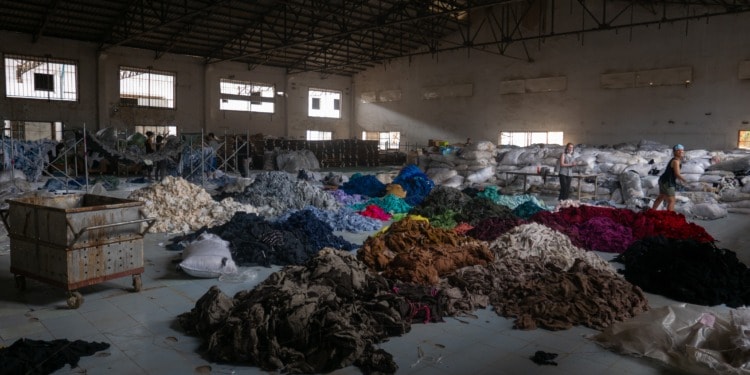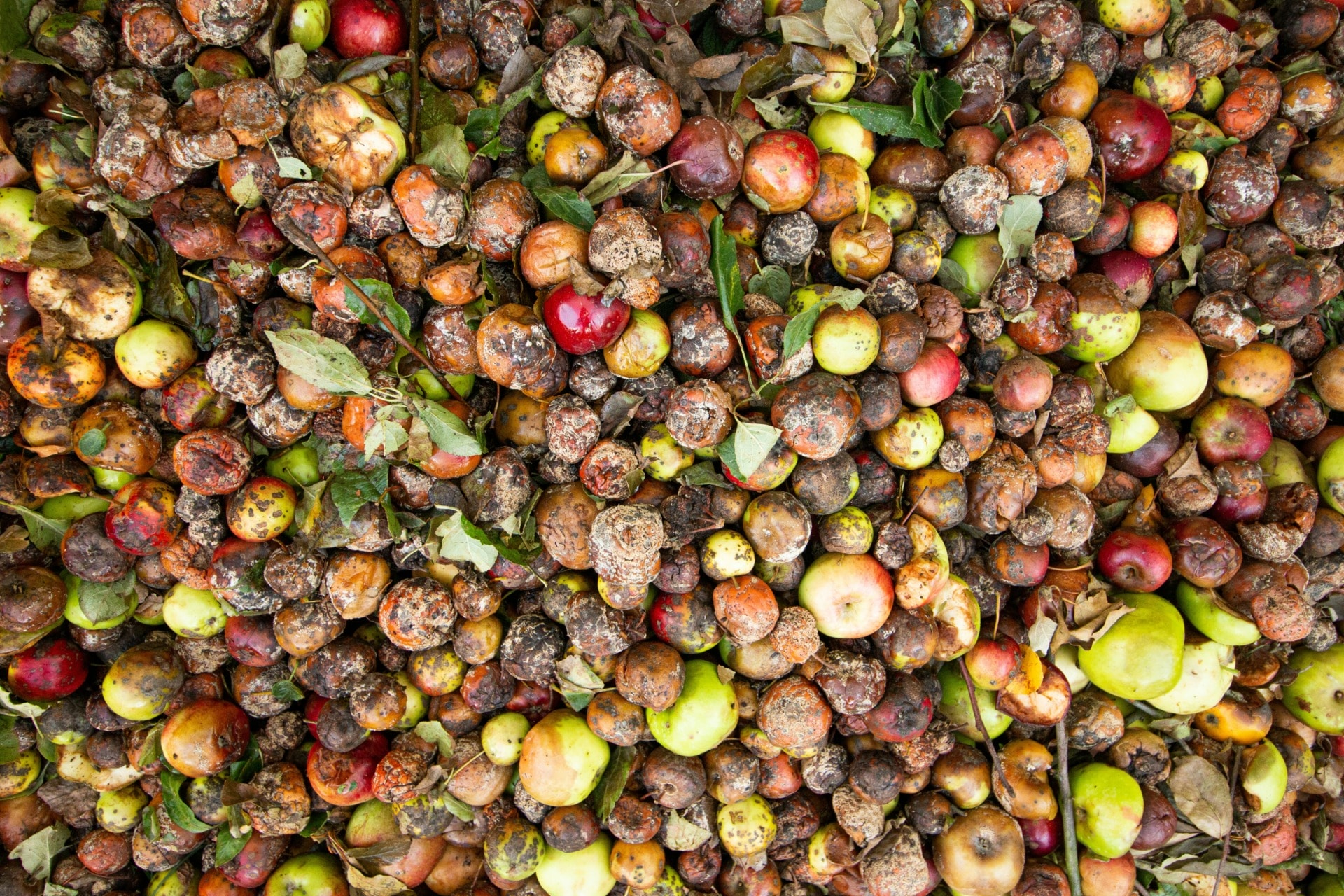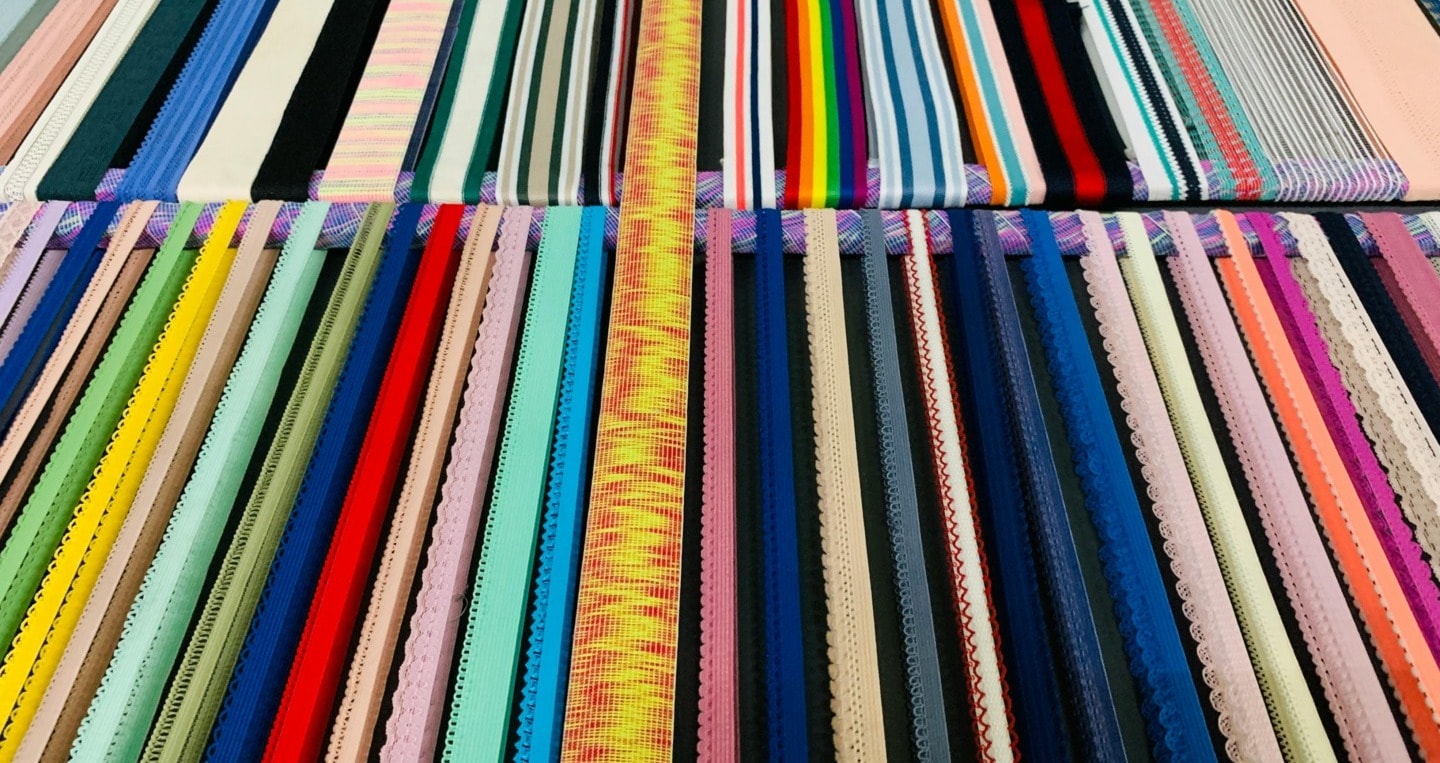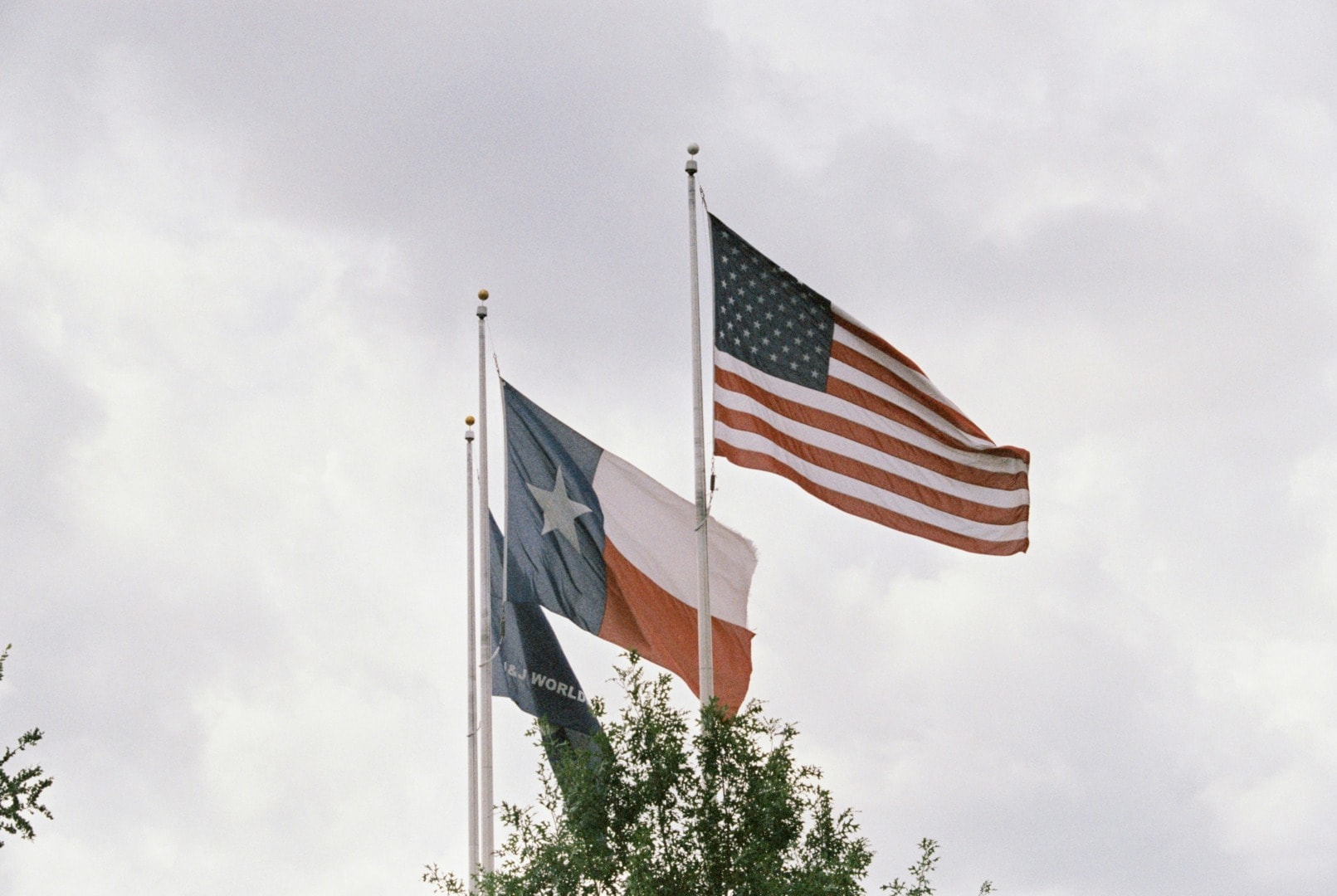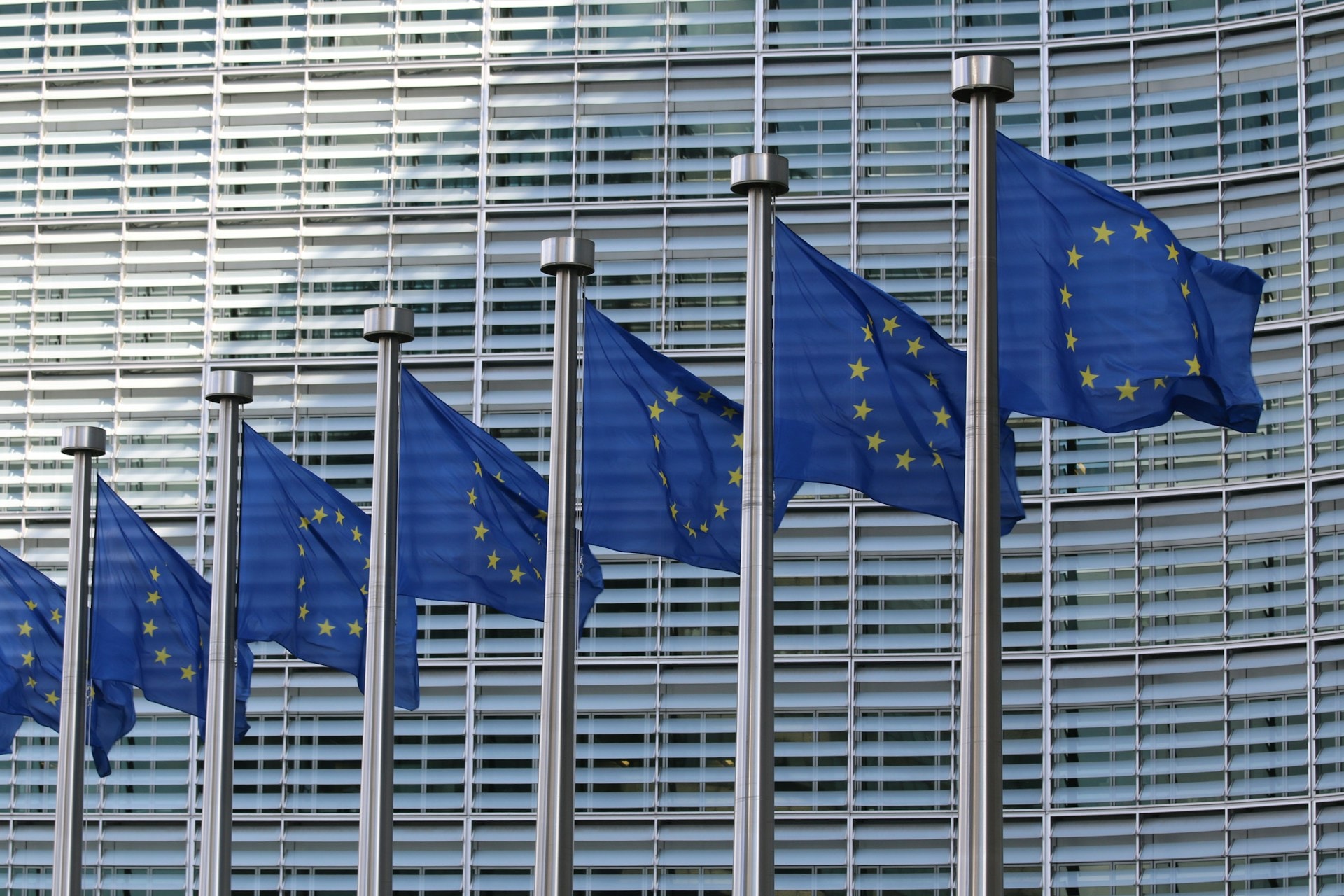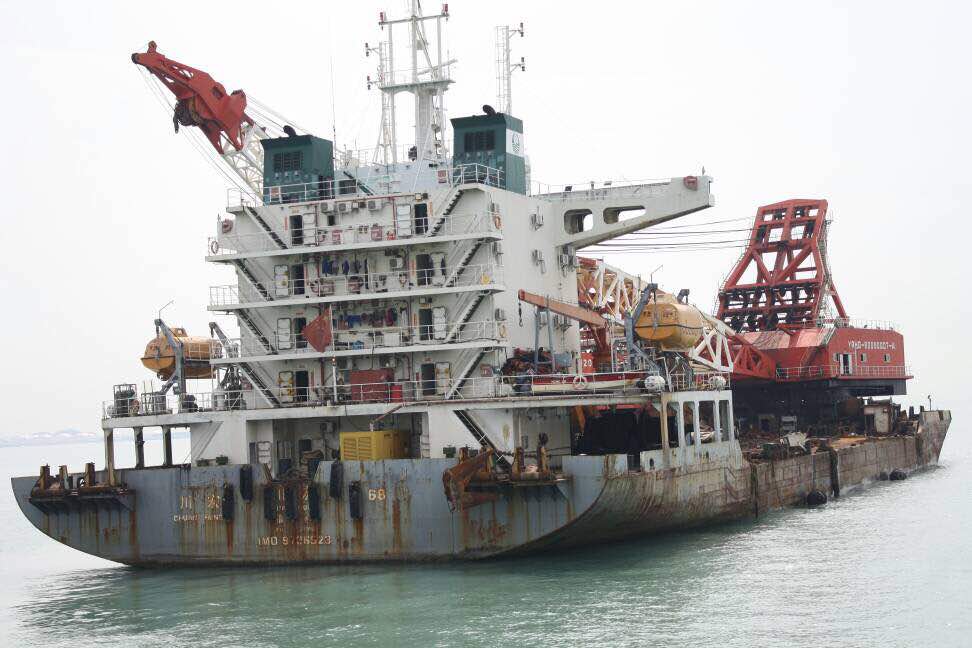Last week, on Friday, May 26, mayors and representatives of over 30 European cities signed ChangeNow’s Slow Fashion Declaration aiming to reduce the environmental and human impact of fast fashion.
The signatories, representing a population of over 6.5 Million people within their cities, gathered at Barbara Trachte’s event in Paris, calling on the European Union, G7 and the Organisation for Economic Co-operation and Development (OECD) to implement regulations that would equalise the playing field between slow fashion businesses and global fast fashion ones, in turn promoting more sustainable fashion options.
Barbara Trachte is the State Secretary for the Economic Transition and Scientific Research in the Brussels Capital Region Government and the initiator of the Slow Fashion Declaration.
Why is fast fashion problematic?
Fast fashion poses a multitude of problems that have far-reaching consequences for the environment, labour rights, and social equality.
One of the most pressing issues is its significant environmental impact. The fashion industry is responsible for approximately 10% of global carbon emissions, as much as the EU and more than all international flights and maritime shipping combined, making it a major contributor to climate change.
Fast fashion also depletes water sources and pollutes rivers and streams, exacerbating water scarcity and harming aquatic ecosystems. Moreover, the sheer volume of discarded clothing adds to the mounting waste crisis, with 85% of textiles ending up in landfills yearly.
The harmful effects of fast fashion extend beyond the environment. The reliance on cheap labour often perpetuates exploitative practices, including child labour. Shockingly, an estimated 170 million children are engaged in child labour worldwide, with many working within the fashion supply chain.
These children are denied their fundamental rights, subjected to hazardous conditions, and deprived of education.
To mitigate the problems fast fashion poses, industry stakeholders must prioritise sustainable practices throughout the supply chain. This includes adopting eco-friendly production processes, promoting circular economy models, and ensuring fair wages and safe working conditions for all employees.
Governments and regulatory bodies should strengthen legislation and enforce stricter regulations to hold fashion brands accountable for their actions, which is exactly what ChangeNow has set out to do with its declaration.
Slow Fashion Declaration
The Slow Fashion Declaration is an initiative proposed by ChangeNow. It came up at the 2023 ChangeNow event, which is a three-day summit that “brings together the most innovative solutions and impactful changemakers tackling our planet’s biggest challenges, to take action, together.”
Their goal is to accelerate change through collaboration, which has been achieved previously with various new legislation, building partnerships, and successful fundraisings.
Barbara Trachte proposed the declaration with two overarching goals: making fast fashion sustainable and fair.
As such, the declaration pledges to raise awareness of the general public regarding the consequences of fast fashion on the planet, financially support Slow Fashion entrepreneurs through decreasing rent, supporting new business models with grants and loans, facilitate sales by creating a new market and customers for the businesses, and promote research and innovations that render the practice of fashion more environmentally respectful while creating local and qualitative employment.
Related Articles: No More Burning Clothes: Destruction of Unsold Textiles To Be Banned in Europe | Is SHEIN Exploiting Forced Labor? How Ethical Is the Fast Fashion Juggernaut Really? | Experimental Detachment: Why Avant-Garde Fashion Is Starting to Feel Tone-Deaf
The declaration acknowledges that despite the importance of the proposed measures, they alone are insufficient to address the challenges Slow Fashion actors face.
To level the playing field, global mechanisms must be established to ensure fair competition with fast fashion brands that benefit from exploitative practices. The European Commission’s EU Strategy for Sustainable and Circular Textiles is a positive step, but it needs to integrate international trade dimensions and enforce human rights protections in producing countries.
Collaboration among the European Union, OECD, G7/G20, and the United Nations is necessary to tackle fast fashion and support the Slow Fashion movement globally.
As such, the declaration urges governments on an international level to ban unfair trading practices, support producing countries through governance reform and tougher law enforcement, and ban incentives to consume fast fashion.
Call for new rules in Europe
Furthermore, on the European level, legislation and regulations must be adopted or tightened to drive slow fashion.
Firstly, implementing a comprehensive Carbon Border Adjustment Mechanism (CBAM) that includes the textile sector, adopting strong Corporate Sustainability Due Diligence regulations to ensure fair and sustainable practices within production and value chain business partners, and prohibiting products made with forced labour.
Next, adjusting the existing ban on chemicals in Europe within the REACH regulation to include textile industry chemicals and prioritise the fashion industry as a core of the European Green Deal Industrial Strategy.
The declaration also proposes awareness-raising and production policies that should be adopted throughout the EU.
Amongst the signatories are Mayors of prominent cities, such as Strasbourg and Annecy in France, Lors Mayor of Dublin, and Mayor of Leuven in Belgium.
The declaration remains open for additional signatures until July 1, 2023.
Barbara Trachte summarizes the overarching feeling conveyed by the signatories of the declaration and by the initiative itself, saying that:
“We don’t want to wait for more nature and biodiversity to be destroyed. We don’t want another Rana Plaza, nor do we want to see the slow fashion designers and entrepreneurs go bankrupt. We want a ban on ultra-fast fashion, fair competition rules so that we can all be sure that the clothes we wear are made by people who like their jobs and that they don’t harm the environment.”
All that is left to do now is hope that the prominent and significant legislation will be heard and acted upon internationally to ensure a better and safer fashion industry worldwide.
Editor’s Note: The opinions expressed here by the authors are their own, not those of Impakter.com — In the Featured Photo: Sorting through hundreds of tons of clothing in an abandoned factory for a social mission called Clothing the Loop. Featured Photo Credit: Francois Le Nguyen.


